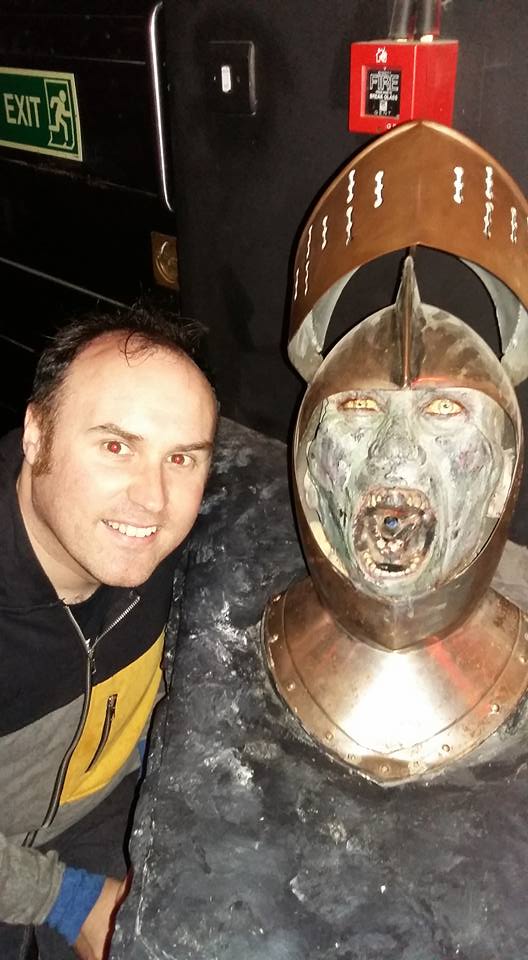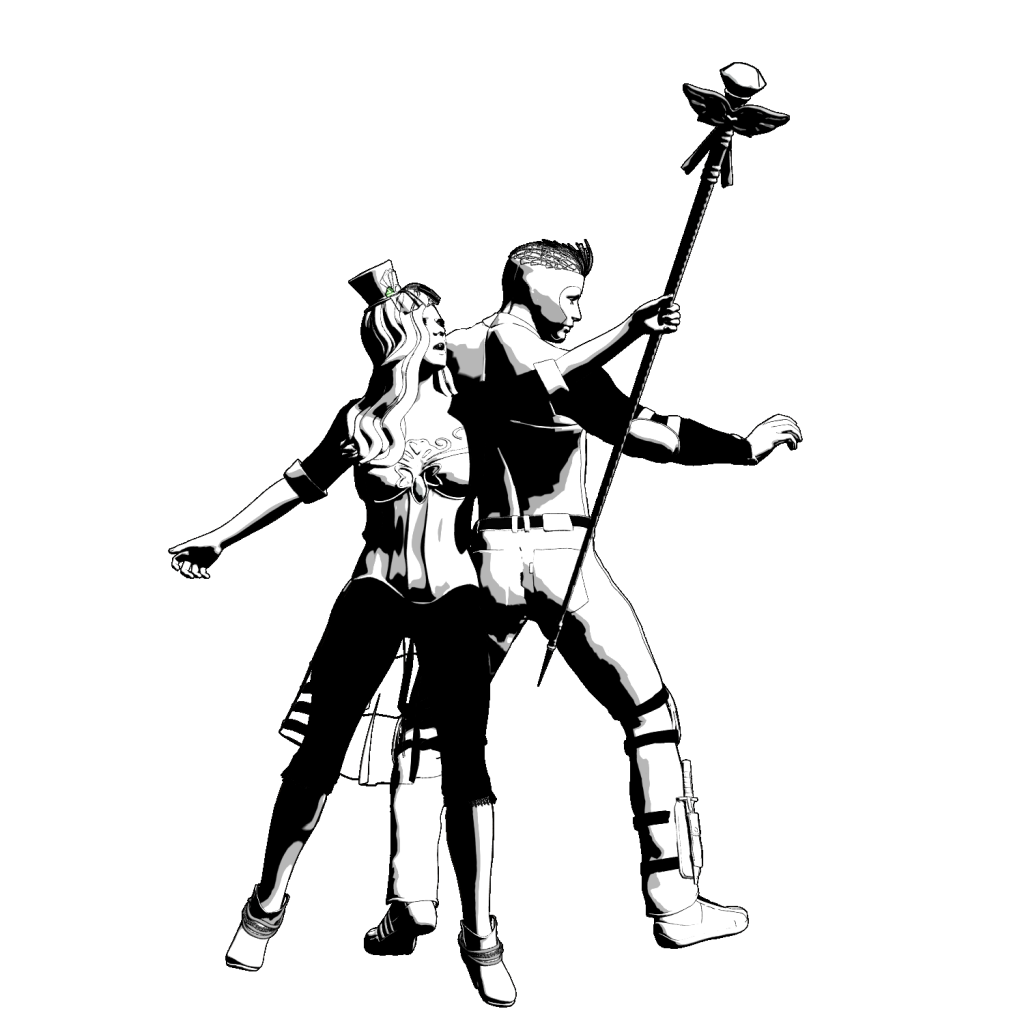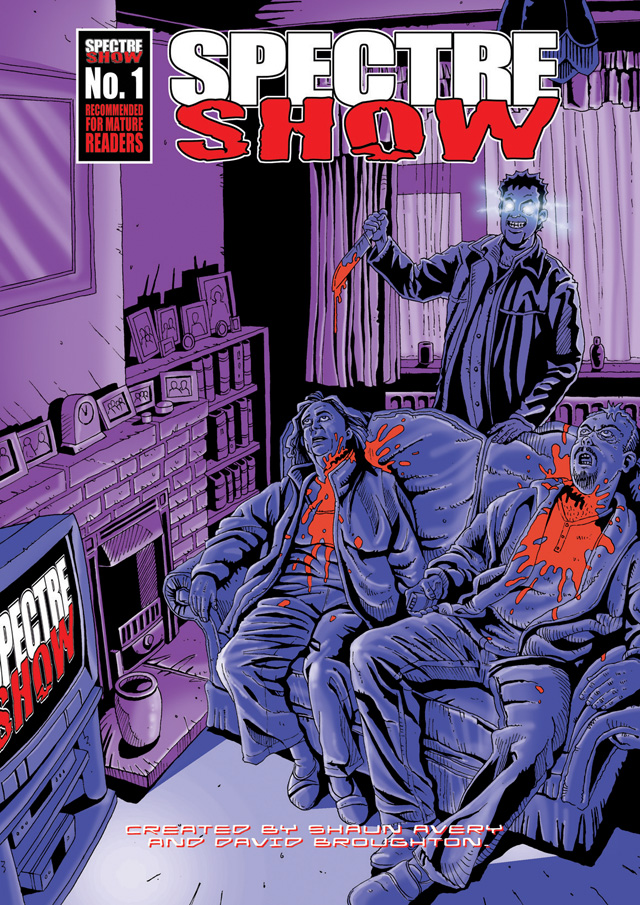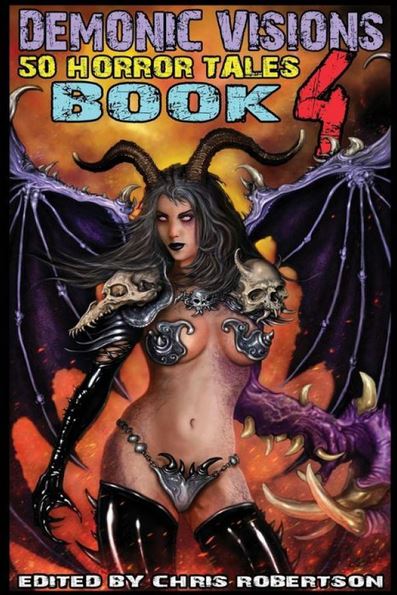All The King’s Men is being written by an incredibly talented and diverse team of writers from around the world. The stories in the anthology are informed by their unique perspective on the world, and their own fascinating experiences.
We here at anthology HQ want to celebrate these writers and their experiences. We not only want to support their other creative endeavours, but we also want to give you some insight into them as people and as creators, and to give you a chance to follow these great writers beyond this anthology.
Today’s featured writer is Shaun Avery, a writer with more than 40 stories and a handful of awards under his belt.

Please, tell us about yourself.
Hi! I’m Shaun, a crime and horror fiction writer with a penchant also for penning satirical tales – most often skewering our society’s ridiculous obsession with fame and celebrity. I write both prose and comics, and dabble, too, in writing scripts that I think would make pretty good films – in fact, I was one of six out of a hundred entries shortlisted for a screenwriting contest a few years ago. They cancelled the contest and never announced a winner, though. Not that I’m bitter about that or anything. Much.
How long have you been writing?
Seriously, about the last five years or so. I started to really go after it when I wrote my first comic script. Everything just seemed to click then.
Who is your favourite writer, and why?
In comics, Garth Ennis – and it’s great to see so much of his stuff getting adapted for TV now, especially the forthcoming The Boys¸ which is my favourite comic series of all time. This is a guy who seems to be awesome in every genre he works in, and he’s one of the few comic writers I buy religiously – an ironic term to use, given the brilliantly sacrilegious nature of most of his work.
In horror, Bentley Little. A guy who always takes things to the max and does strangeness like no one else – I mean, who else could make litter into an item of terror? (Don’t believe me? Read his short story Paperwork. It’s cool).
For crime stuff, I’d guess my favourite of all time has to be Ed McBain – to be that prolific (over a hundred books, I think) and that good is nothing short of remarkable. Plus you can never tell who did it until the end of the book.
What can you tell us about your writing process? Do you approach each project in the same way?
With prose, it’s usually a first line that just flits in from nowhere and demands a story be placed at the end of it. Or occasionally I’ll read something relating to fame and our obsession with it in the newspaper, and I’ll just have to satirise it – for instance, I read a few years ago that there’s actually a job title known as autograph hunter. Can you believe that? We’re so fixated on fame that someone out there actually tracks down autographs for a living. That became a comic script, one that’s due for publication next year from 100% Biodegradable. I’ve seen the artwork for it, and it’s going to freaking rock. Believe me.
With comics, it mostly to come as an image – either a scene, a setting, or a character – and then we’ll go off from there. It’s got to be a pretty strong visual, though. Oh yeah. Got to reel that reader in right from the start.
Your pitch for All the King’s Men took one of the more unusual story prompts and turned it into some jet black noir fiction. For my part, this fascinating new direction took me completely by surprise. Can you explain how this story formed in this way? Was this piece inspired by any fictional influences?
Oh, I just love noir fiction. I guess the first one I read was Cop Hater by the aforementioned Ed McBain, which I suppose is technically a police procedural but still has that old-school, gritty vibe to it. Then there’s the early stuff of Lawrence Block, things like Deadly Honeymoon, which is just about the most perfect name for a noir work you ever could imagine. But the biggest noir influence on me – so much so that he’s namechecked in Just Another Day – is Richard Stark (one of the many pseudonyms of the multi-talented and much-missed crime author Donald E. Westlake) and his frankly phenomenal series of books about master criminal Parker. I love those novels with an unholy passion – been re-reading them all again recently – and I never tire of recommending them to people.
As to how the pitch turned out that way… I guess it’s just the way my mind works. I read the prompt, and saw how the story could go right from the start. I’m very much looking forward to starting work on it, and think it’s going to be something special. Plus I like to think of Diamond and Lennox as being spiritual cousins of the mighty Parker. Grifting all the way.

Diamond and Lennox in Just Another Day
You recently released a new comic called Spectre Show. Can you tell us about it?
I was lucky enough to be teamed with artist extraordinaire David Broughton on a couple of strips for small press UK fanzines Zarjaz and Dogbreath and I was blown away by the quality of his work. So I was a very happy man when he got in touch and asked if I fancied working on something original together. Initially we were pitching to another small press zine, but he suggested we go the self-publishing route. David had some previous experience with self-publishing comics, so he actually did all the hard work – drawing it, lettering it (really hard – I’ve tried to letter something myself, and I sucked at it) and getting the thing actually printed. Makes me feel a bit lazy, really. All I had to do was write the scripts, and when you’re into the idea that doesn’t even feel like work at all.
What was the most rewarding part of creating Spectre Show?
Getting to write the panel description for a full page splash! Honestly, wanted to do that for so long. And for episode two of Spectre Show, I picked the grossest image I could think of for that honour. It still makes me smile to think about writing that description.

What were the biggest challenges you faced while creating Spectre Show?
I had never written, you know, an ‘origin’ story before, so the first script I sent over to launch the series… well, it would have been great as a standalone, one-off-tale, but as the first episode to an ongoing series it just didn’t cut the mustard. Back to the drawing board. Luckily, David knew what he was doing, and he helped get me where I needed to be. Kept the original title, though. I mean, “The Origins of Sin”… I still don’t think you get much cooler than that.
You have more than 40 stories to your name. If our readers want to find more work by you, where do you recommend they start? Spectre Show or somewhere else? Do you have a favourite published piece that you feel perfectly encapsulates what Shaun Avery is all about?
My favourite prose piece published so far is my entry to Demonic Visions Volume Four, a cheery little piece called Apology Addicts which starts with a little kid’s arm being sawn off and then goes steadily downhill from there. I think what I love most about that one is that the horror and satire were completely in sync, neither one overshadowing the other. It’s probably arguable whether I’ve hit that with other works of mine. For comics, probably The Worker from Spectre Show. Another thing I love to write about is work – people’s attitudes to it, being a workaholic, all that fun stuff, and that’s what this strip deals with. Only with possessed people and demons. Plus, you know, I got to write another full page splash. With stuff burning, this time. So this one ticks pretty much every box for me.

You write in both comics and prose. Do you have a preferred format? Can you break down the advantages and disadvantages of each form, as you see them?
I love writing prose… to a certain length. Anything above, say, twenty thousand words, and I lose the gist of what I’m writing, and it stops being fun. I’ve thought about this, and, for me at least, when it comes to writing at the kind of depth you need to make a really long piece work, I only see that in terms of the way people move, the way they look and interact with each other, and that’s the type of writing muscle you get to stretch with comics. So for prose I think short stories and novellas will always be where I’m at, and the longer stuff will be always be comic scripts and (fingers crossed) screenplays.
Advantages? Well, I love that you can tell a short comic story in three to six panels – read some great ones like that, and written a couple myself, in fact. I think they work better than flash fiction, which I guess is the closest prose equivalent. Also, I think the greatest advantage to writing comics lie in the mechanics of the medium – in the same story you could have full page splashes, double page spreads and silent pages… and that’s some freedom to have.
An advantage to prose is that you can experiment in different ways – for instance, I think the epistolary format works better with prose. I’ve read a couple of novels written in the modern day version of letters, the e-mail, and they were great. I also wrote something recently myself that was told partly in blog entries, and it’s an as-yet-unfulfilled ambition of mine to write a story entirely in e-mails.
All in all, though, I really love writing in each medium, and feel blessed to be able to do both.
Are you working on or planning anything else at the moment?
Yep. Got a long novella in first draft form that tackles bigger and bolder themes than I’ve ever tackled before, so I’m kind of working my way up to that one. More shorts, too – got a notebook full of hastily scribbled ideas that I’ll have to start picking my way through soon.
Where would you like to see yourself and your writing career in five or ten years’ time?
Writing comics. Getting paid for it. That would do me, I reckon.
We here at ATKM HQ think Shaun is a writer worth following.
You can check out his other work here:
Spectre Show
What Lou Andrews Won’t Do For Cash
Demonic Visions anthologies (Shaun has stories in Vols 1-6)
Shaun invites people to connect with him on Facebook.